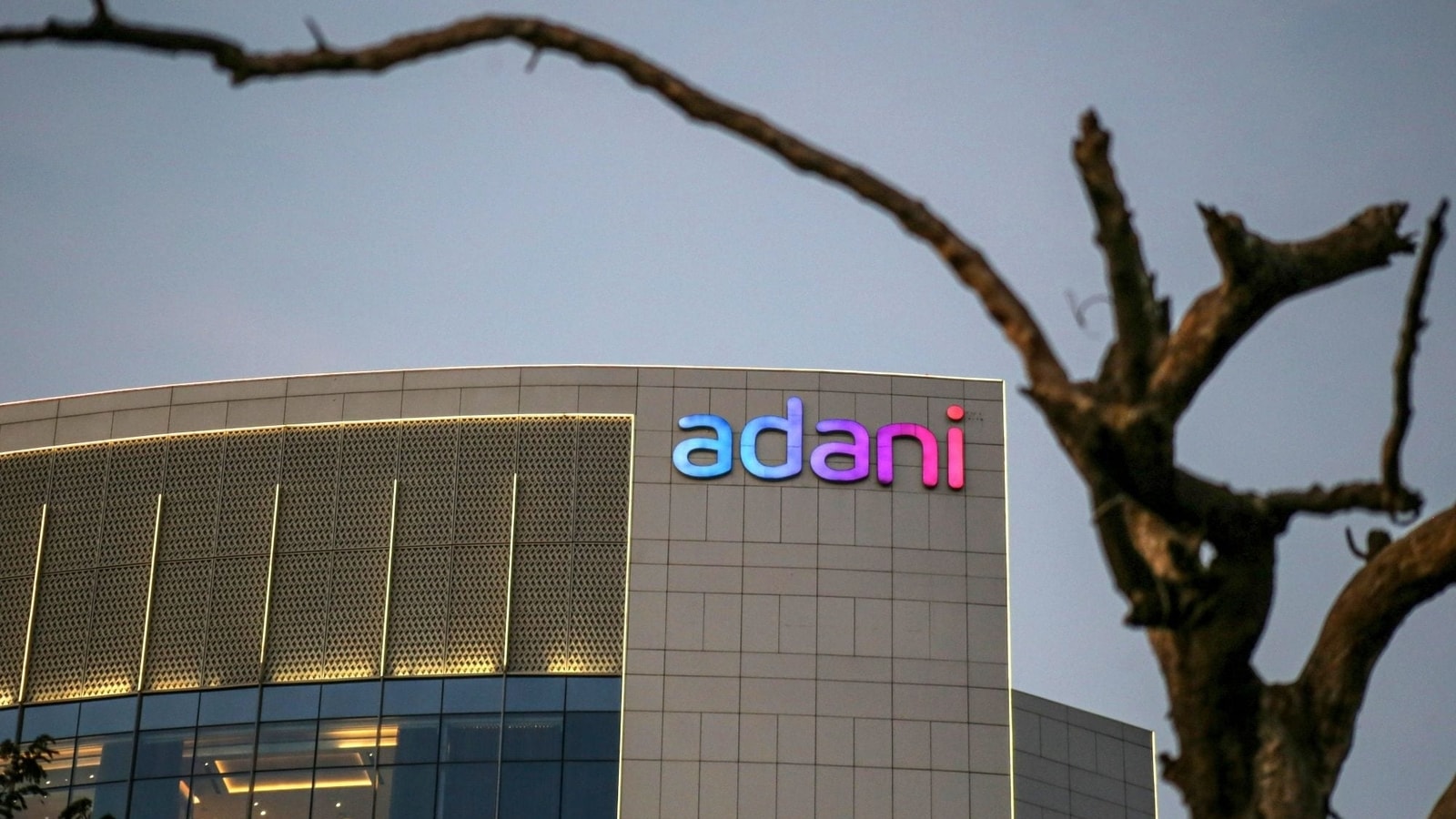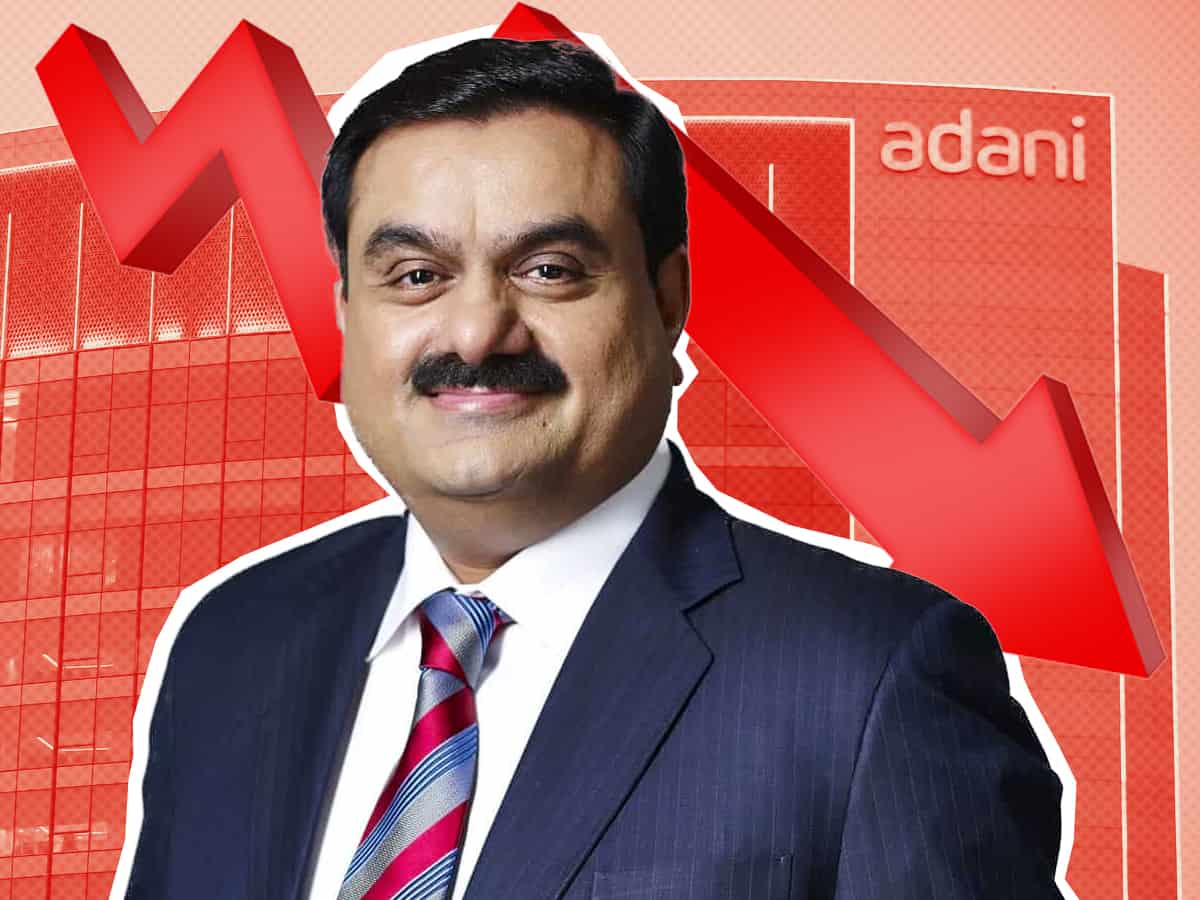SC Asks SEBI And Government On Adani And Hindenburg Case.
The Supreme Court has now stepped in and asked SEBI and other regulatory bodies how they are protecting investor cash in the Adani case.

Following a harsh study by the American short-seller Hindenburg Research, the Supreme Court ordered a response from the Securities and Exchange Board of India (SEBI) on steps that may be implemented to guard Indian investors against situations like the decline in Adani group equities. The markets regulator was questioned by a bench made up of the Chief Justice of India (CJI), D Y Chandrachud, and Justices P S Narasimha and J B Pardiwala on how a strong framework of regulatory bodies could be put in place to stop similar incidents.
The loss incurred by the fall of Adani stocks.
According to the court, Indian investors have lost several lakh crores. Supposedly, it is 10 lakh crores of rupees. How do regulatory agencies make sure that investors are safe? How can the government ensure that this won’t happen again? The Bench questioned what function SEBI should have in the future. Additionally, the court recommended forming an expert body to give SEBI more authority.

Suggestions by Apex court.
One of the options is to form a committee of some kind. The court, in any way, is not intended to question SEBI or the regulatory institutions. However, it is suggested to think largely so that some inputs can be gathered. The government can then decide whether to amend the law or the regulatory framework. The court won’t become involved in policy matters after a certain level, but there should be a system to ensure that this doesn’t happen again. This choice must be made by the government.
How can the current regime be strengthened, and would doing so will progress the process? Can the court consider assembling an expert team that comprises persons with experience in the securities market, international banking and a former judge who would serve as a wise mentor? Experts in the relevant fields will ultimately provide the input. They are merely thinking out loud, the court asserted. They might also provide SEBI with a very important role. The supreme authority must also evaluate bolstering SEBI so that it would have more significant tools at its disposal in the future.
The court said that as the money movement would become more frictionless, the apex authority can expand SEBI’s function and examine existing authorities to see how they might be enhanced.
A new world has emerged. India changed during the 1990s. Additionally, only high-value investors invest in the stock market. A variety of middle-class people invest there due to the shifting tax laws as well.
There is a smooth capital movement now. How can one make sure investors are safeguarded, the CJI questioned Solicitor General Tushar Mehta.
The response from SEBI.
Mehta responded by notifying the court that India does not have jurisdiction over the core of the problem. It is a little early for them to respond right away. The Hindenburg report, which was outside of their jurisdictional purview, performed as the catalyst. Some laws address the issues. They are correspondingly worried, he claimed. The market regulator SEBI is actively observing the subject, the Solicitor General assured the court.
The Bench further told the Solicitor General that the required representations may be made if the Union government were inclined to agree with the notion of forming an expert committee. The court was considering a petition asking it to order the government to set up a committee under the leadership of a former Supreme Court justice to look into the findings of Hindenburg Research. Mehta was ordered to return after receiving directions from the Union government after the court postponed the case.

The people who made the plea.
Petitioner and attorney Vishal Tiwari is the one who submitted it. In his public interest litigation (PIL), Tiwari asked the court to order the formation of a special committee to monitor a procedure for approving loans to large firms of more than Rs 500 crore. In Tiwari’s petition, the Centre, the Reserve Bank of India, and the Securities and Exchange Board of India have all been designated as respondents.
In the other PIL, which was filed last week by attorney M. L. Sharma, charges are being sought against Nathan Anderson of Hindenburg Research and his colleagues in India and the US for allegedly taking advantage of investors and causing the stocks of the Adani group to artificially drop.

The last call.
Finally, there are steps taken in the Adani saga to protect investor money. Hope these efforts bring some positive responses, not only for protecting the investor money today only but besides to improve the current format to escape any upcoming mishappenings that could direct to the destruction of the Great Indian economy.
Edited by Prakriti Arora




